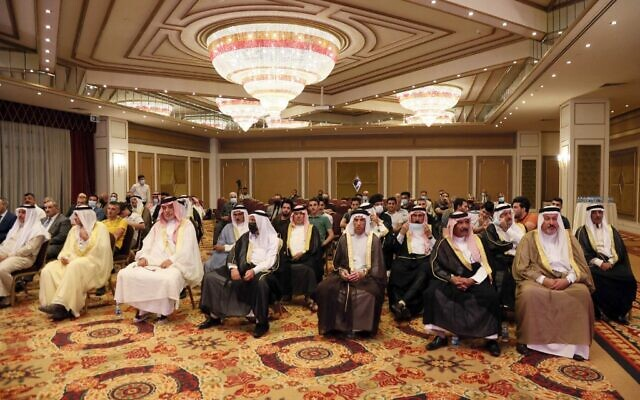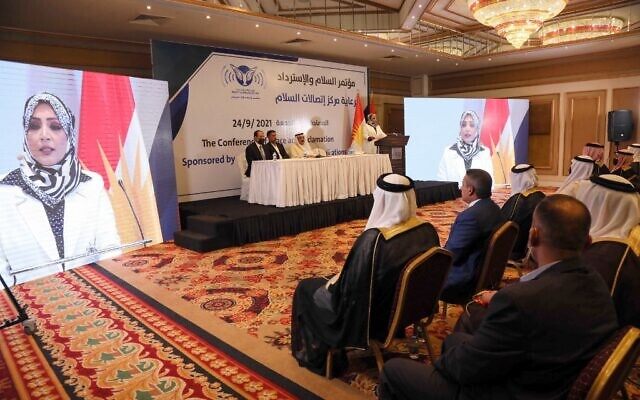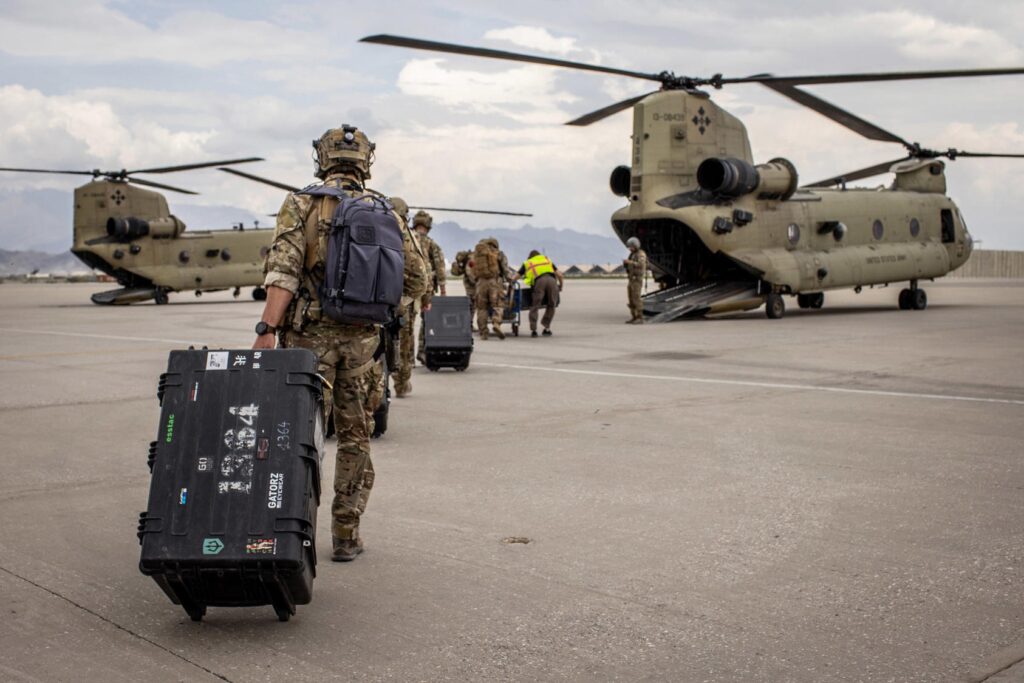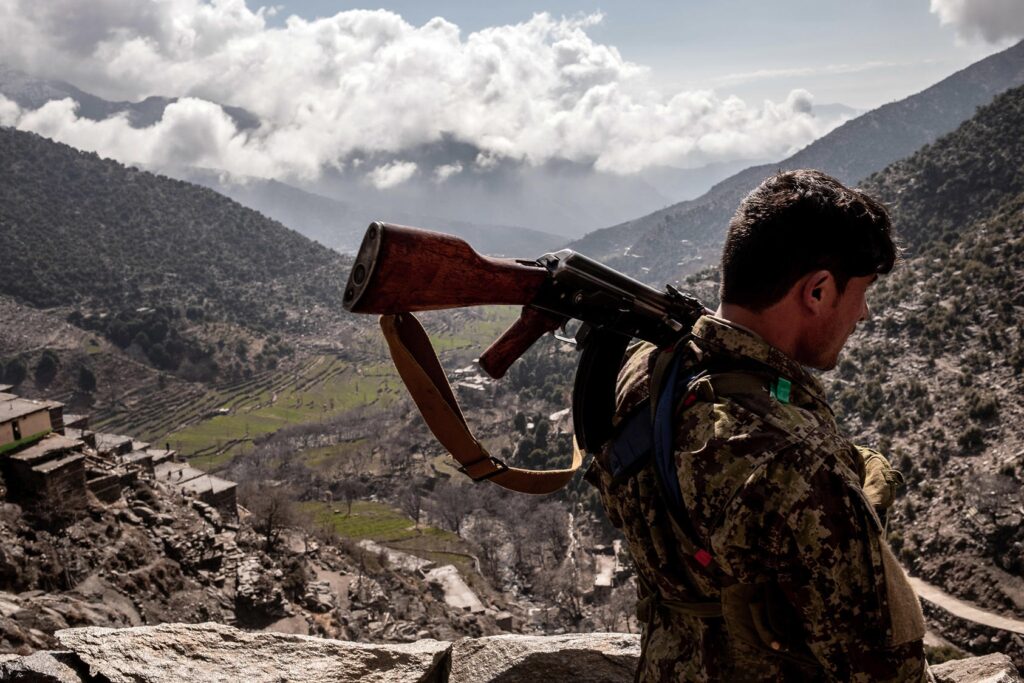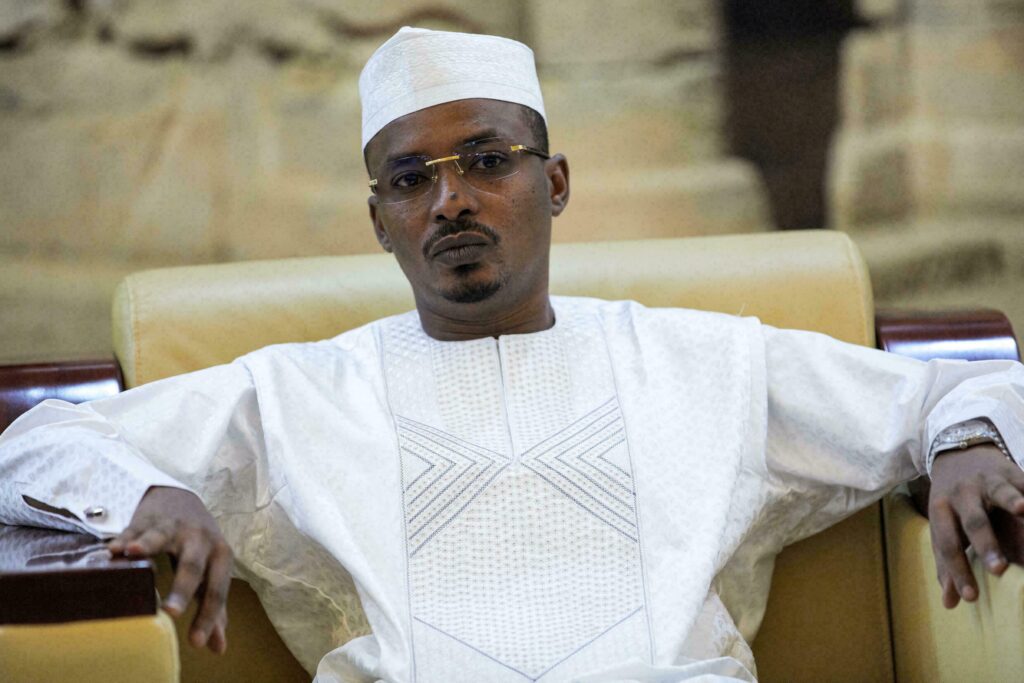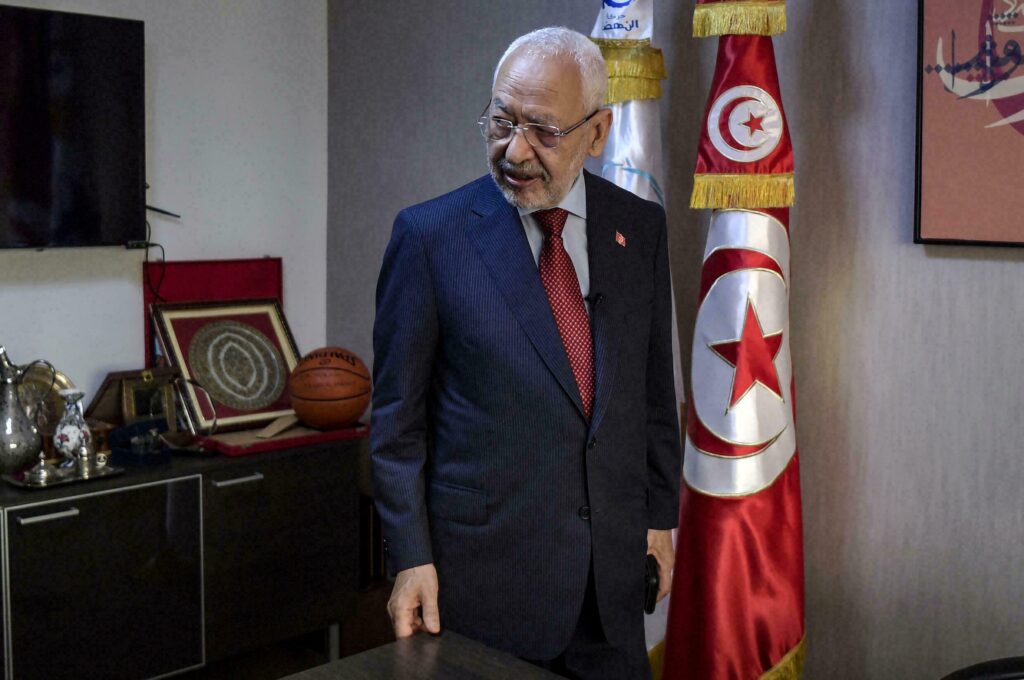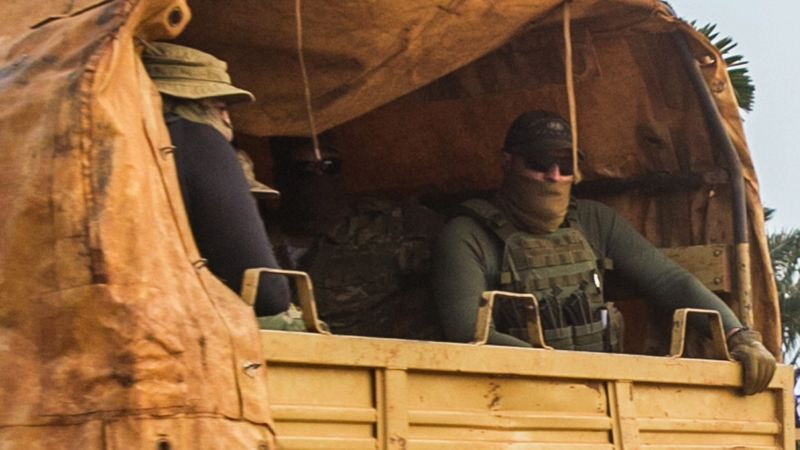China’s Reluctant Taliban Embrace – Analysis
On 18 July, Taliban leader Hibatullah Akhundzada said the group seeks strong diplomatic, economic and political relations with all countries including the United States. The Taliban soon revealed it had opened several channels of communication with foreign countries. China is among the first in the region to embrace — albeit cautiously — the new political reality shaping Afghanistan. For Beijing, the Taliban takeover presents opportunities as well as threats.

